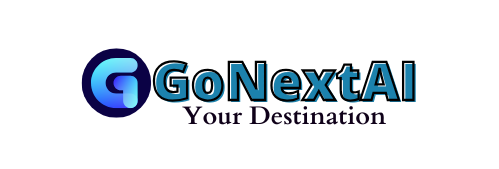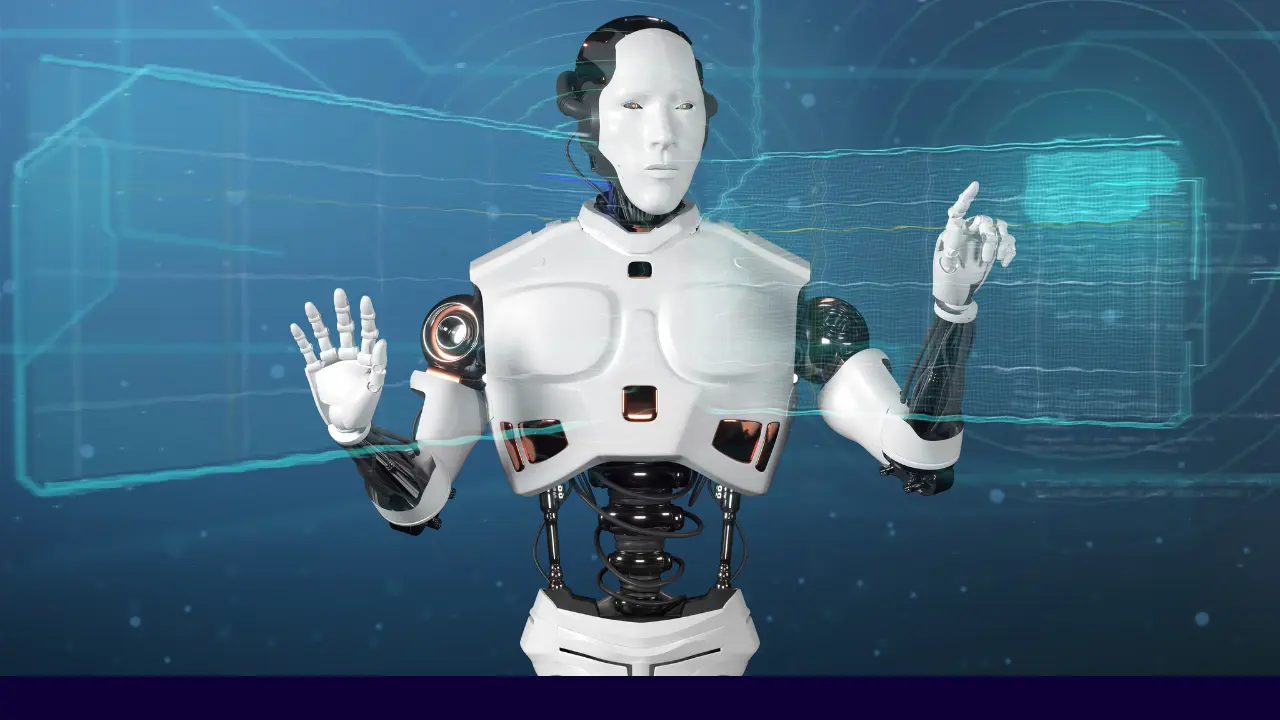AI in Education: Customized Learning for Every Student
In the 21st century, education is undergoing a seismic transformation, with technology playing a pivotal role. Among the most groundbreaking advancements is the integration of Artificial Intelligence (AI) in Education. By leveraging AI, educators and institutions are redefining the teaching and learning landscape, ensuring that every student receives personalized support tailored to their unique needs. This article delves into how AI is revolutionizing education and making customized learning a reality.
The Rise of AI in Education
Artificial Intelligence has rapidly become a cornerstone of modern educational practices. Its ability to analyze vast amounts of data, predict trends, and provide actionable insights has made it an indispensable tool for educators. Unlike traditional teaching methods that often adopt a one-size-fits-all approach, AI in Education offers a dynamic and flexible learning environment.
For instance, AI-driven platforms like adaptive learning systems assess a student’s strengths and weaknesses. These platforms then curate content, recommend resources, and design study plans that cater to individual learning styles. This ensures that each student can progress at their own pace, fostering both confidence and competence.
Personalized Learning Paths
One of the most significant benefits of AI in Education is its ability to create personalized learning experiences. By analyzing data from quizzes, assignments, and classroom interactions, AI systems can identify areas where a student excels or struggles. Based on this analysis, the system provides targeted resources, such as videos, exercises, or tutorials, to address gaps in understanding.
For example, students who struggle with mathematical concepts can receive additional practice problems and step-by-step guidance, while those who excel can explore advanced topics. This customized approach not only improves academic outcomes but also enhances student engagement by addressing their individual needs.

How to Make Money with AI Fast Online
How to Make Money with AI Content Creation Tools
Enhancing Accessibility and Inclusivity
AI in Education also plays a crucial role in making learning more accessible and inclusive. Students with disabilities, for instance, benefit immensely from AI-powered tools. Speech-to-text technology aids students with hearing impairments, while text-to-speech applications assist those with visual challenges.
Moreover, AI-driven translation tools break down language barriers, enabling students from diverse linguistic backgrounds to access high-quality educational content. By bridging these gaps, AI ensures that every student, regardless of their circumstances, has the opportunity to succeed.
Teacher Support and Classroom Management
While the focus of AI in Education often centers on students, its impact on teachers is equally profound. AI tools streamline administrative tasks, such as grading and attendance tracking, allowing educators to dedicate more time to teaching and mentoring.
Additionally, AI systems provide teachers with real-time insights into student performance. These insights help educators identify struggling students early, enabling timely interventions. For instance, if a student consistently performs poorly in assignments, the AI system can alert the teacher, who can then provide additional support or modify their teaching strategy.
How to Make Money with AI: Simple Steps
Challenges and Ethical Considerations
Despite its numerous advantages, the integration of AI in Education comes with challenges. Data privacy is a significant concern, as AI systems require access to sensitive student information. Ensuring the ethical use of this data is paramount to maintaining trust between students, parents, and educational institutions.
Additionally, there is the risk of over-reliance on technology. While AI can augment teaching, it cannot replace the human touch that teachers bring to the classroom. Balancing technology with traditional pedagogical methods is essential to preserve the essence of education.
How to Make Money with AI Virtual Assistant
The Future of AI in Education
The potential of AI in Education is boundless. As technology continues to evolve, we can expect even more sophisticated tools that further enhance the learning experience. Virtual tutors, AI-driven simulations, and immersive learning environments are just a glimpse of what the future holds.
Moreover, AI can play a pivotal role in lifelong learning. In an era where skills need constant upgrading, AI-powered platforms can help professionals stay ahead by providing customized learning pathways based on industry trends and individual career goals.
How to Make Money with AI Video Editing Software
AI in Education is not just a trend; it is a paradigm shift that promises to transform how we teach and learn. By personalizing education, enhancing accessibility, and supporting teachers, AI ensures that every student can achieve their full potential. However, as we embrace this technology, it is crucial to address its challenges responsibly and ethically.
As we look to the future, the role of AI in Education will undoubtedly grow, shaping a more inclusive, engaging, and effective learning ecosystem. For students, teachers, and institutions alike, the integration of AI represents an exciting opportunity to redefine education for generations to come.


1 Comment